EERA Blog
European Educational
Research Association
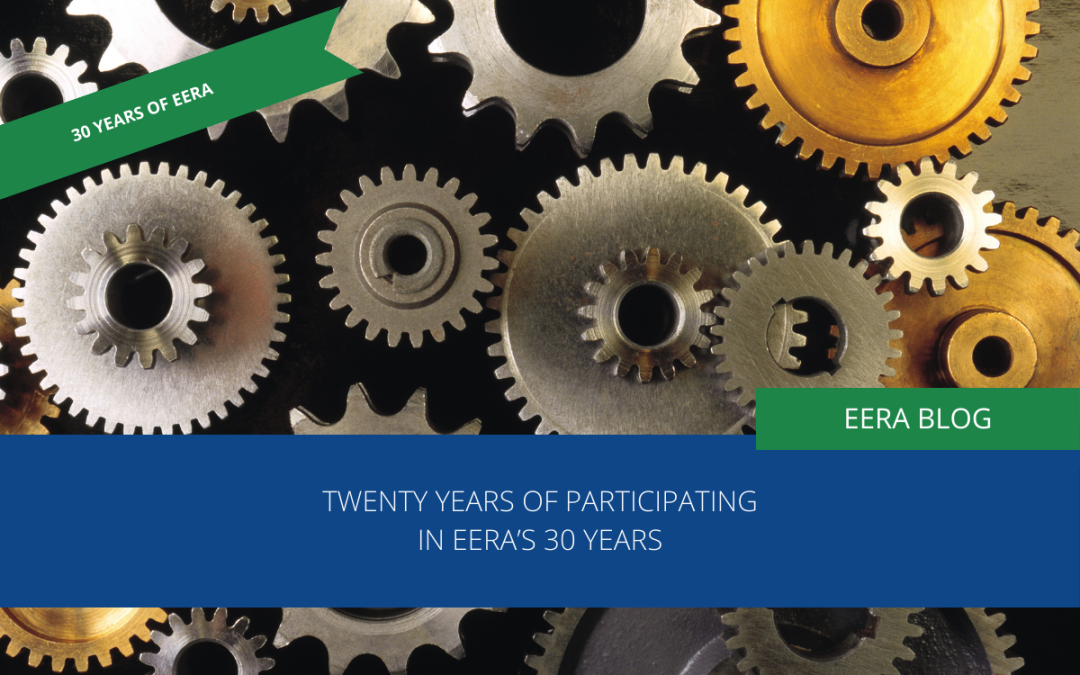
Twenty years of participating in EERA’s 30 years
In this blog post, Professor Emeritus of Educational Sciences at Utrecht University in the Netherlands, and previous EERA president, Dr Theo Wubbels reflects on his involvement in EERA over the years, and where the organisation’s future lies.
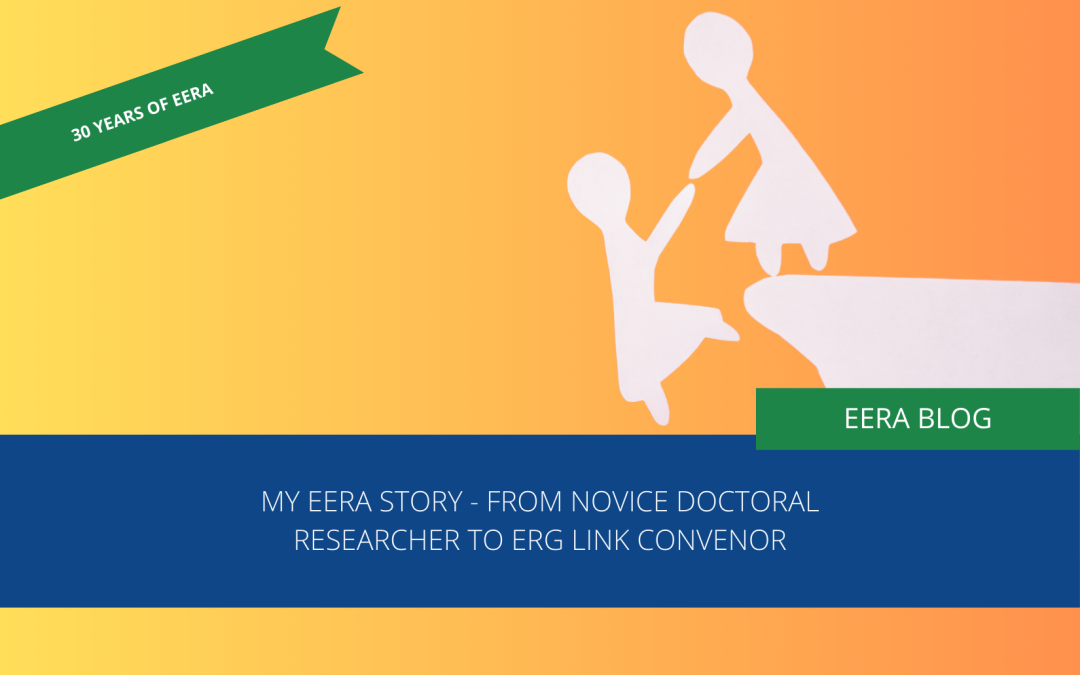
My EERA story – from novice doctoral researcher to ERG Link Convenor
ERG Link Convenor Dr Saneeya Qureshi looks back on her journey, from her first conference, to her professional and personal growth with EERA, and the friendships made along the way.
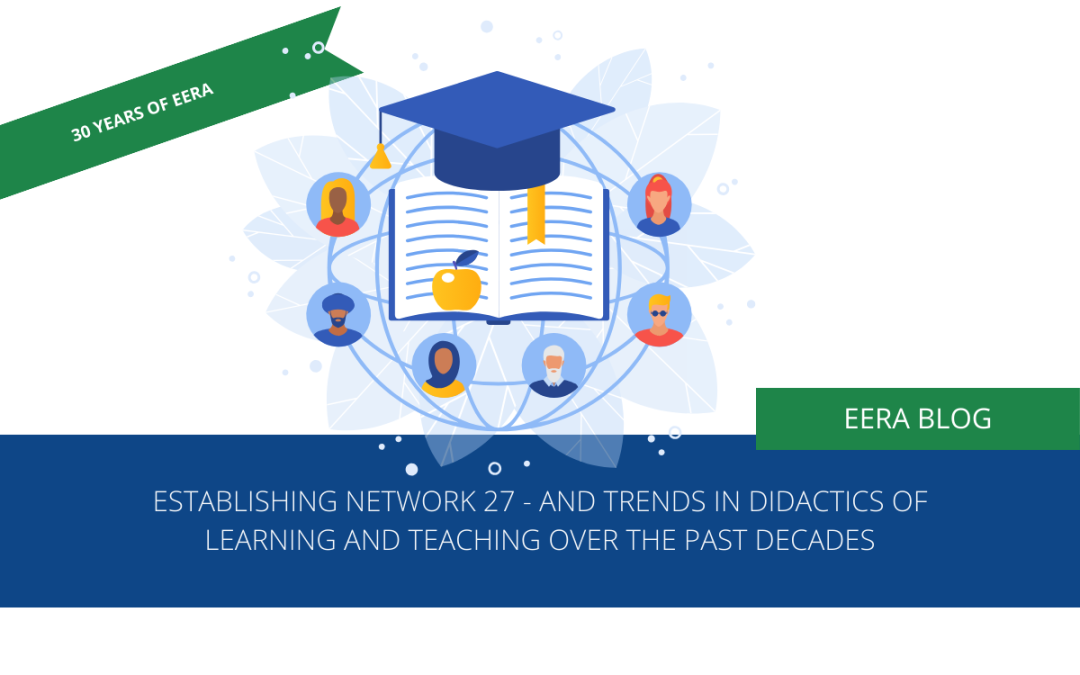
Establishing Network 27 – and trends in didactics of learning and teaching over the past decades
Professor Emeritus Brian Hudson on the establishment and development of Network 27, and the associated trends in didactics of learning and teaching over the past few decades.
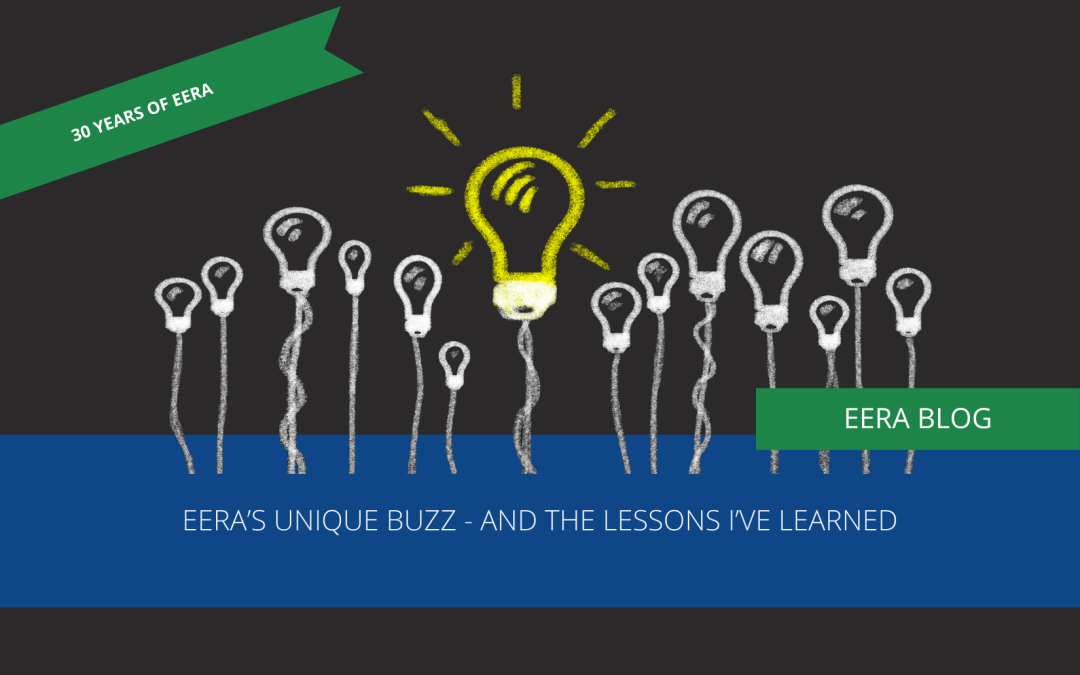
EERA’s unique buzz – and the lessons I’ve learned
Professor Emeritus Terri Seddon explains why the European Conference on Educational Research became her ‘first-choice’ academic conference, and worth the long-haul flights from her home in Melbourne.
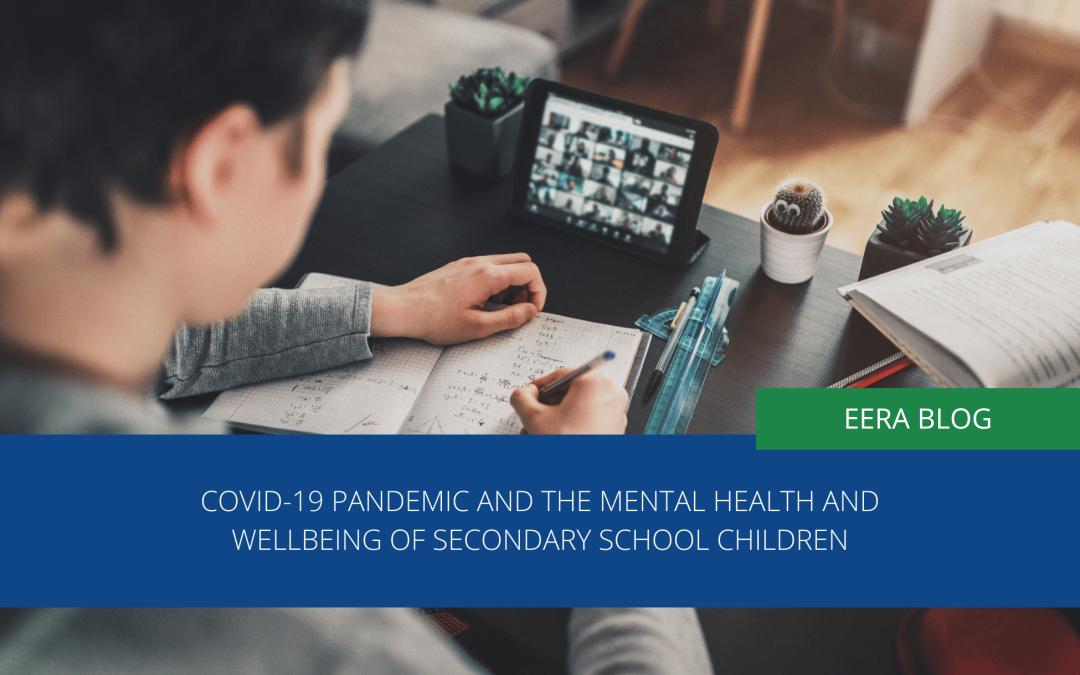
COVID-19 pandemic and the mental health and well-being of secondary school children
Research into the impact of the COVID-19 pandemic on the mental health and wellbeing of school children in England suggests that a holistic response is needed.
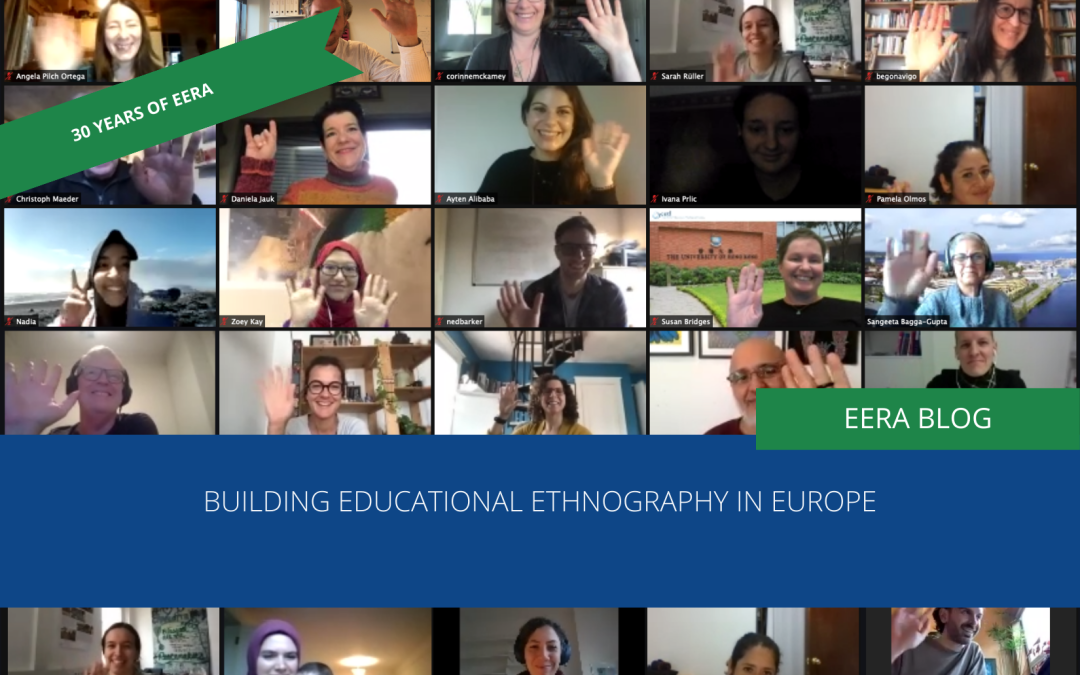
Experiences and benefits from collaborating in the international ethnography network
Four long-term Network 19 members, currently serving as network convenors, share their stories and insights into what the network means to them.
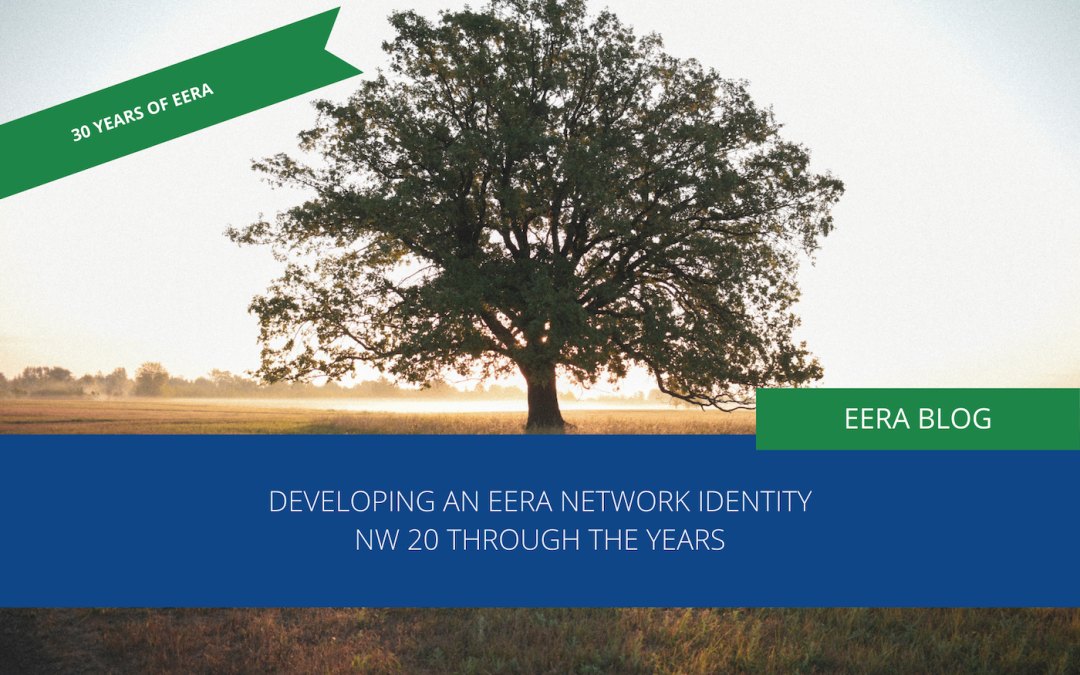
Developing an EERA Network Identity – NW 20 through the years
As part of our 30th anniversary celebration, Professor Raimonda Brunevičiūtė reflects on her EERA journey, and the development of Network 20, Research in Innovative Intercultural Learning Environment.
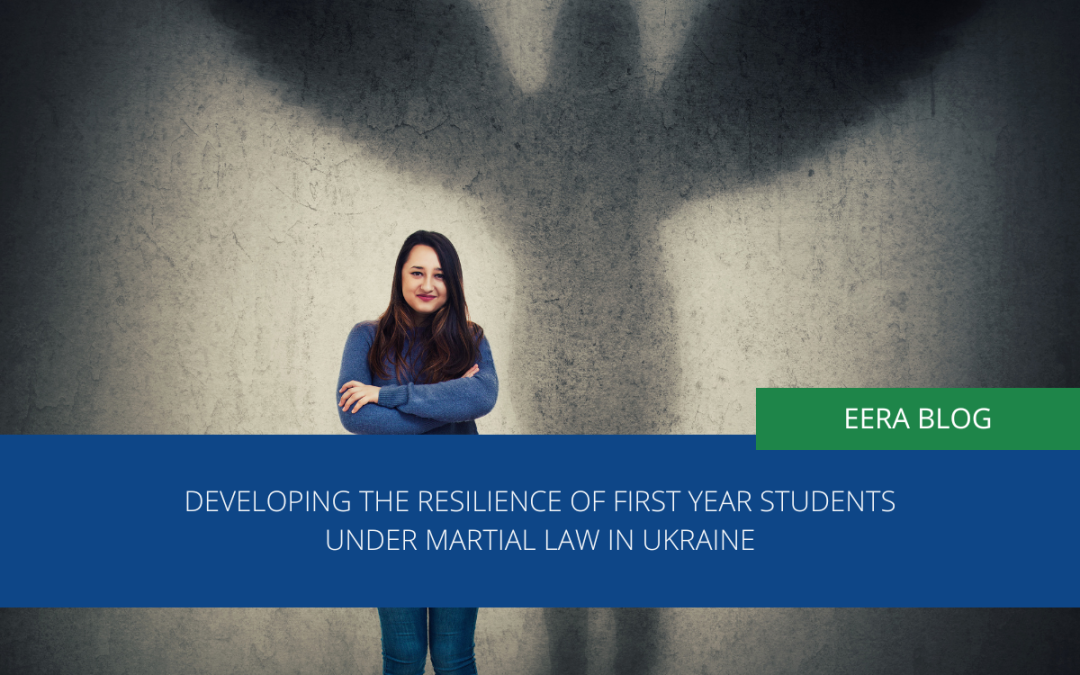
Developing the resilience of first-year students under martial law in Ukraine
A EERA and UERA programme focused on building the resilience of Ukrainian students, to help them cope with the stress of studying during martial law
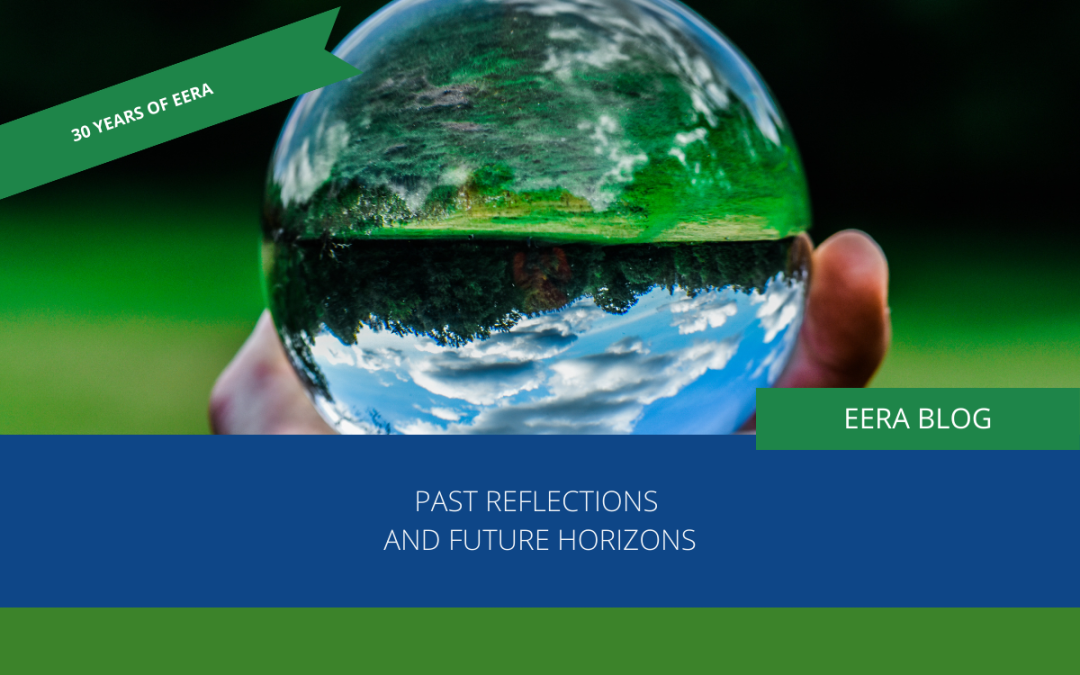
Past reflections and future horizons
EERA is celebrating 30 years in 2024, and as part of our anniversary celebrations, we have invited people who have been at the heart of the association to share their memories and reflections. In a series of blog posts, which will run throughout 2024, we will share those precious memories, from the people who helped foster the global EERA community. Professor Venka Simovska, the first link-convenor of Network 8, Health and Wellbeing Education, and co-author of an EERA / Springer publication on wellbeing and schooling, thinks back on her years with EERA, the role of Network 8, and the new phase that EERA is entering.As we mark the 30th Anniversary of the European Educational Research...
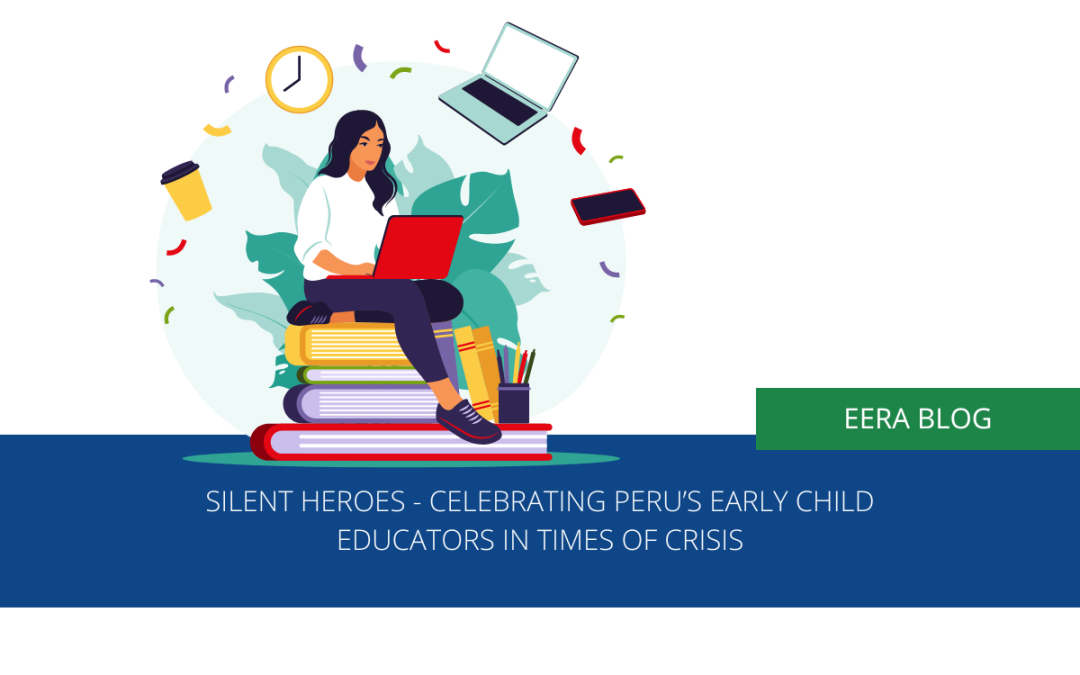
Silent heroes – Celebrating Peru’s Early Childhood Educators in times of crisis
During the COVID-19 lockdown in Peru, the development of positive interactions of teachers with parents was critical, as was the fostering of supportive relationships with peers

Growing (with) EERA Network 14
As part of our 30 years of EERA celebrations, Dr Joana Lúcio reflects on her time as Link Convenor of Network 14, and her professional and personal growth.
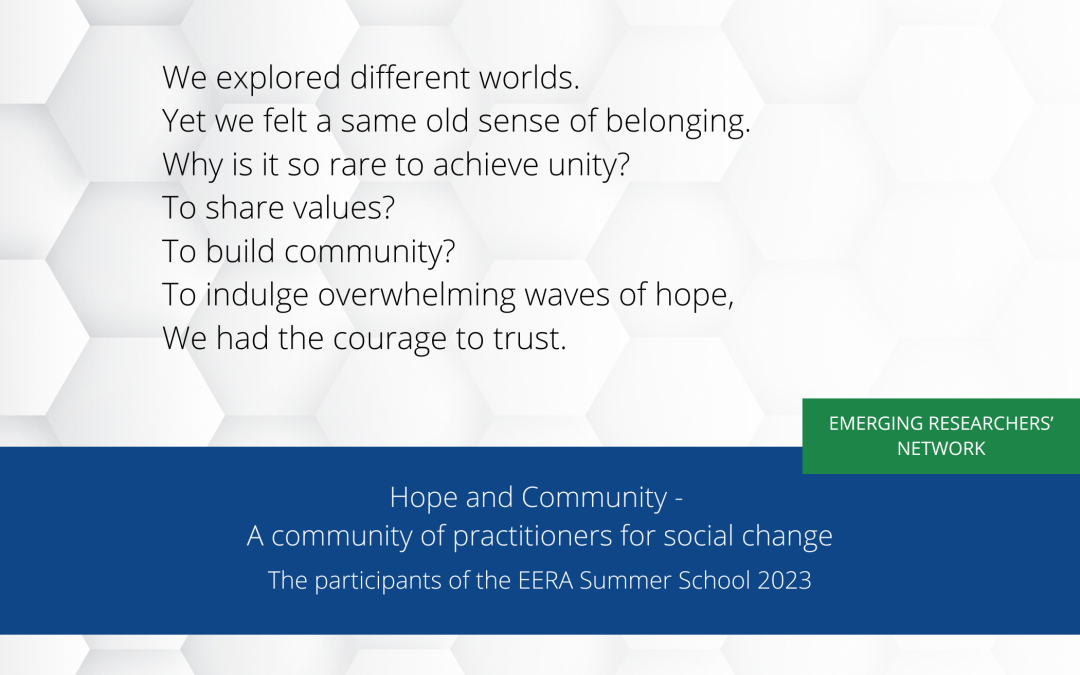
Hope and Community – A community of practitioners for social change
Researchers and research have the potential to instigate change, or at the very least, offer hope for the possibility of change – reflections from the EERA Summer School 2023
Write for the EERA Blog
If you’d like to contribute to the EERA blog, take a look at our Submission Guidelines to find out how to successfully pitch a blog post to our Editorial Team. Then send us a quick email to blog-mail@eera.eu
We look forward to hearing from you
